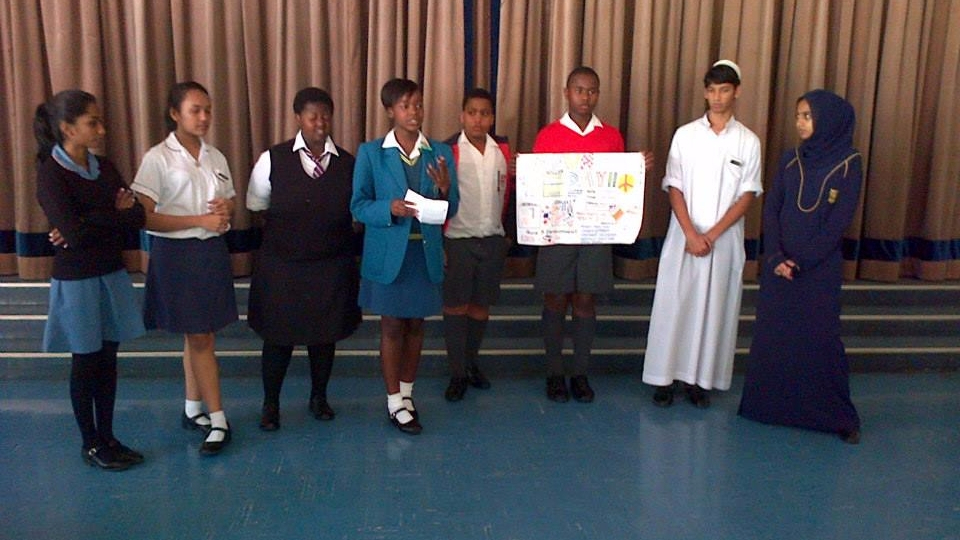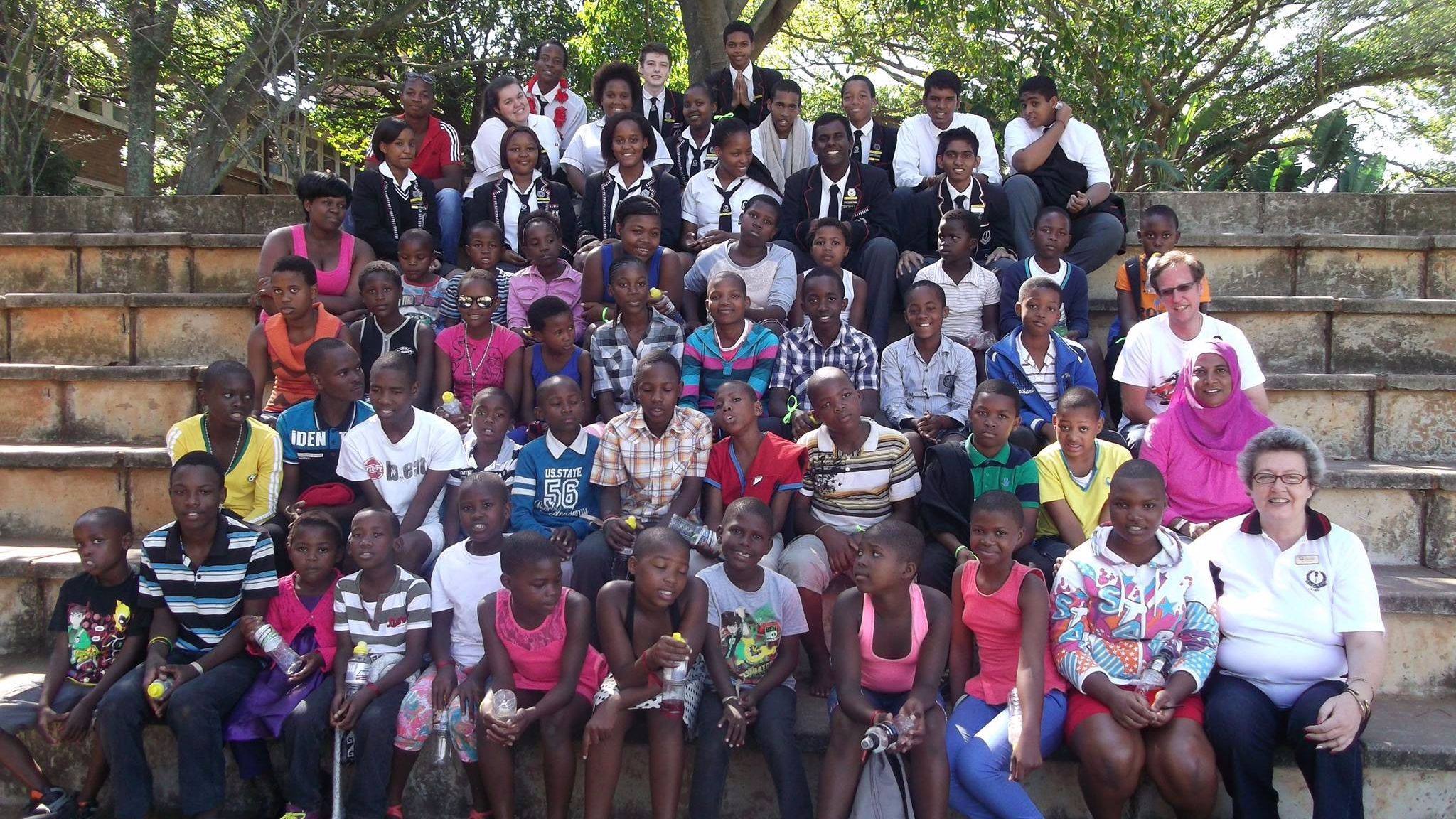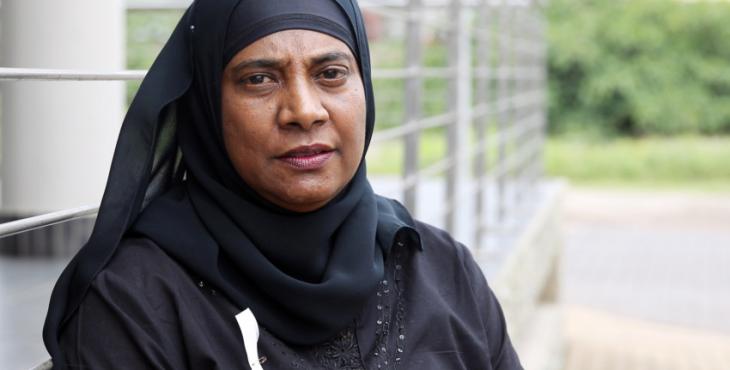
Saydoon Nisa Sayed is a South African human rights faith activist. She is moved by her faith, passionate about children and restless on gender justice advocacy. Saydoon lives in Overport, a hilly residential area near Durban, South Africa where she is the regional coordinator for Religions for Peace, an international and interfaith movement that works across religious divides to bring peace and understanding.
Saydoon has been implementing Arigatou International’s Learning to Live Together Programme in more than 20 schools in Durban and one location in the rural area of Ndwedwe.
Learn more about her journey in the following interview:
Tell us about your life. What are your hobbies and interest?
Children are my passion, and I am weakest in their presence. There is no bigger responsibility than the caring for children, listening to their laughter and the reward is even greater. I love playing with children, walking on the beach, and engaging in outdoor life.
Tell us about your work in Religions for Peace.
Religions for Peace is an international interfaith movement with offices in some 100 countries of the world which works towards multi-religious cooperation for peace. We aim to transform violent conflict, advance human development, promote just and harmonious societies and protect the earth. Our work, grounded on ethics and morals, entails capacity building and empowering based on human rights, democracy and good governance.
Where are you implementing the LTLT Programme?
We have been implementing the LTLT Programme in 20 different schools in Durban, reaching between 80 and 110 children. We are also working in the Ndwedwe area in the context of the Mavela Ekhaya Project. This project is a partnership with the local community of Ndwedwe and provides care, support and development programs for orphans and vulnerable children; residential hospice care for adults, and a range of other community awareness, capacity building and empowerment activities. In each workshop we reach between 30 and 100 children.
What are the main issues affecting children in the region?
Children are affected by social ills in general. Child-headed households (CHH) are still a big issue in South Africa; roughly 122,000 children in South Africa live in CHH. We also get a number of school drop outs. We work as well educating and taking action for global climate awareness.
What would you highlight about the implementation of the LTLT?
In both locations, we have been bringing together children and youth from different social and financial backgrounds. Participants come from diverse types of schools: private, religious, Model C and Government. In the Mavela Ikhaya Project is the same. We run workshops for youth and children from our CHH, neighboring schools and organizations in that area. We want to bring diversity to promote respect and understanding.
What would you say to someone who is thinking about incorporating ethics education in the classroom?
Ethics education should form the bases for educating in any subject. It should include feelings, right and wrong, spirituality, the doing of good and avoiding the doing of bad, coming together on common issues and addressing them collectively.
We thank Saydoon for granting us this interview, sharing her thoughts and showing us a glimpse of her wonderful job with children in South Africa.


